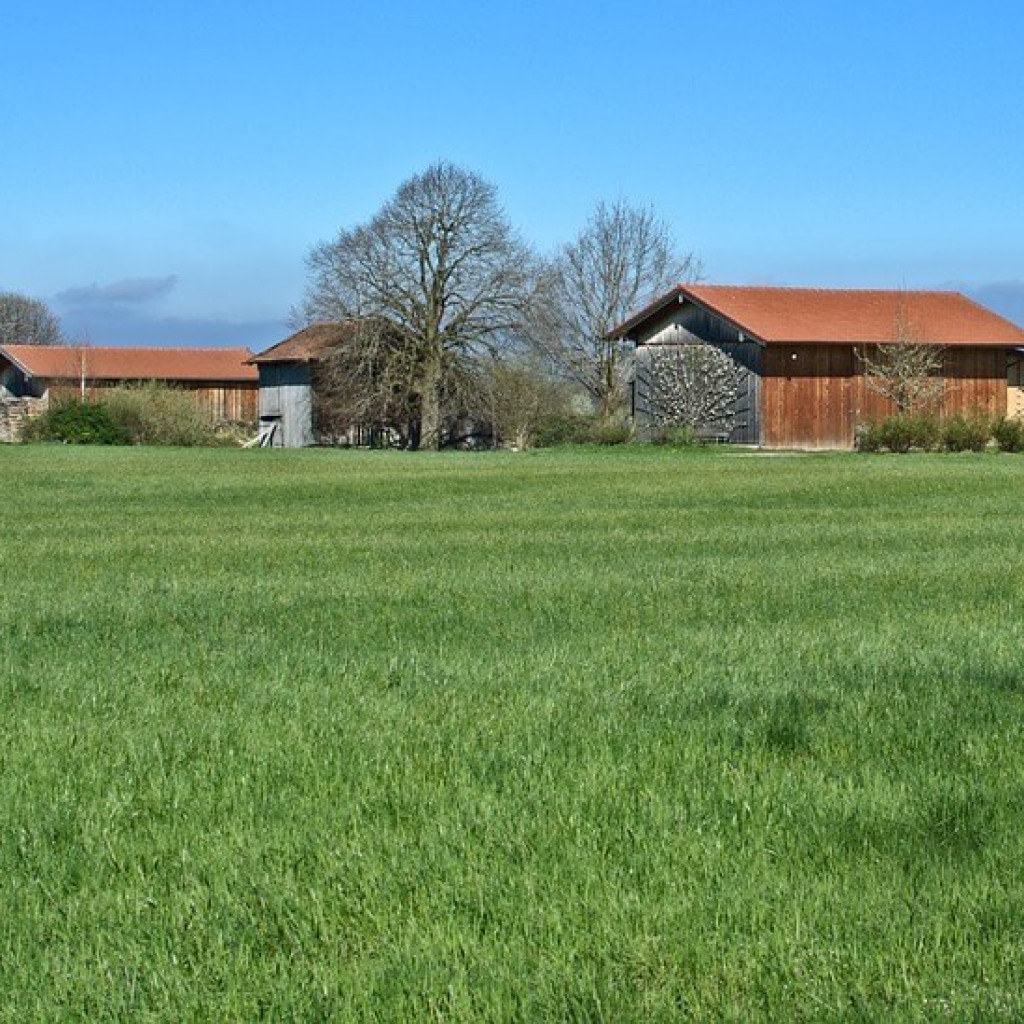A recent Court of Appeal case of Mansell v Tonbridge and Malling Borough Council [2017] EWCA Civ 1314 looked at whether a local planning authority was right to grant planning permission for the conversion of a large barn to residential use on the basis that this was preferable to the applicant carrying out development under permitted development rights.
What are permitted development rights?
Permitted development rights enable certain building works and changes of use to be carried out without needing to obtain planning permission from the local planning authority. In reguards to agricultural building, permitted development rights allow them to be changed to residential use for up to five homes.
What was the conclusion?
The Council had concluded that if planning permission for the redevelopment was refused there was a real prospect that the applicant would convert the barn to residential use under the provisions of Class Q in the General Permitted Development Order 2015, which permits a change of use of an agricultural building to a residential use. One of the conditions for this is that the cumulative floor space of the existing building changing use must not exceed 450 square metres. In this case, the barn exceeded that area, but the Court confirmed that the 450 square metre limit only applies to the part of the building being converted. It said that the restriction is a restriction on the change of use, not on the size of the building. The Court saw no difficulty if the consequence was that this would result in a building partly in use as a dwelling-house and partly still in agricultural use. The planning authority considered that the development in the application was preferable to the fallback of a more piecemeal form of development that would arise if permitted development rights had been implemented. The Court confirmed that not only was it appropriate for the authority to take into account the fallback under permitted development rights, but it was also necessary to do so as it was a material consideration, and refused to overturn the planning permission.
Find out more
Our experienced team of planning solicitors are on hand to advise on any proposed development, or, potential or current enforcement action.






